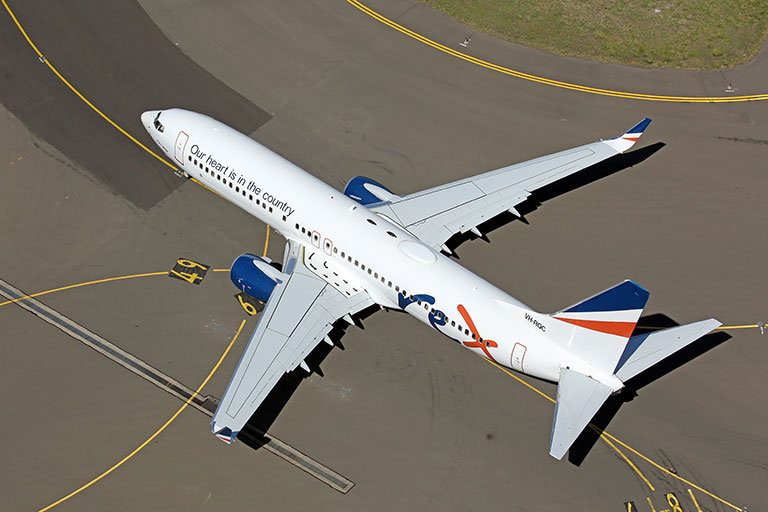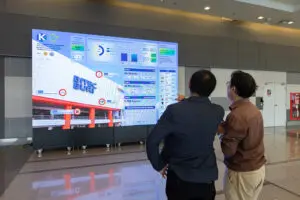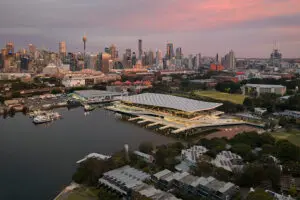The airline’s Boeing 737 fleet has been grounded but regional services on smaller aircraft will continue.
The administration announcement came late yesterday, after the company requested a trading halt on Monday which caused major speculation about the viability of the airline.
EY has been appointed as the administrator.
“[The] priority since that appointment has very much been around keeping the regional and remote community flights that Rex has operated historically in the air, and we’ve seen that continue today,” said Sam Freeman, one of the administrators from EY, this morning.
“We have had to make a tough decision in grounding the 737 capital city connecting flights. That is a permanent decision.
“It’s been wonderful to see the passionate support that the Australian community has for Rex and that ongoing booking on the regional services is absolutely integral to seeing Rex through to its next phase,” said Freeman.
Both Virgin Australia and Qantas have agreed to accommodate Rex customers flying on cancelled capital city routes on their own flights at no extra cost, as close as possible to their original flight times, where possible.
The smaller turboprop Saab 340 aircraft that Rex uses to service its regional network are continuing to fly.
While Rex started off as a regional airline – Rex is an abbreviation of Regional Express – the airline entered the capital city market over recent years, despite an overwhelming dominance by Qantas and Virgin.
Rex was still expanding its capital city route map in late June 2024, starting flights between Perth and both Melbourne and Adelaide.
Australia’s transport minister, Catherine King, has confirmed the federal government is in contact with the administrators.
“My department has been engaging with EY overnight and further conversations will take place today,” she said in a media statement this morning.
“Rex is an important airline for regional and remote communities and Rex’s continuation is in the best interests of regional Australians, the travelling public, its workers and the aviation sector.
“The government will work closely with the administrator to determine a path forward that ensures regional aviation has a strong future in this country,” she said.
“In the short term, we have engaged with a number of airports to seek their continued support for Rex and I encourage all stakeholders, customers and commercial partners to remain supportive as Rex works through this process.”
Rex’s descent into administration follows a string of losses over several financial reporting periods. In its most recent half-year reporting, it posted a loss of $3.2 million and although it reported an overall profit for the 2022-2023 financial year, it had an operational loss over that same period.
The administration of Rex follows the collapse of new low-cost domestic airline Bonza, which went into administration in May, after around 15 months in the sky.
In a report last year, the Australian Competition and Consumer Commission (ACCC) flagged the lack of competition in domestic aviation as an issue for both airfare prices and customer service. ACCC chair, Gina Cass-Gottlieb, said at the time there were significant barriers to growth for both Rex and Bonza.




















